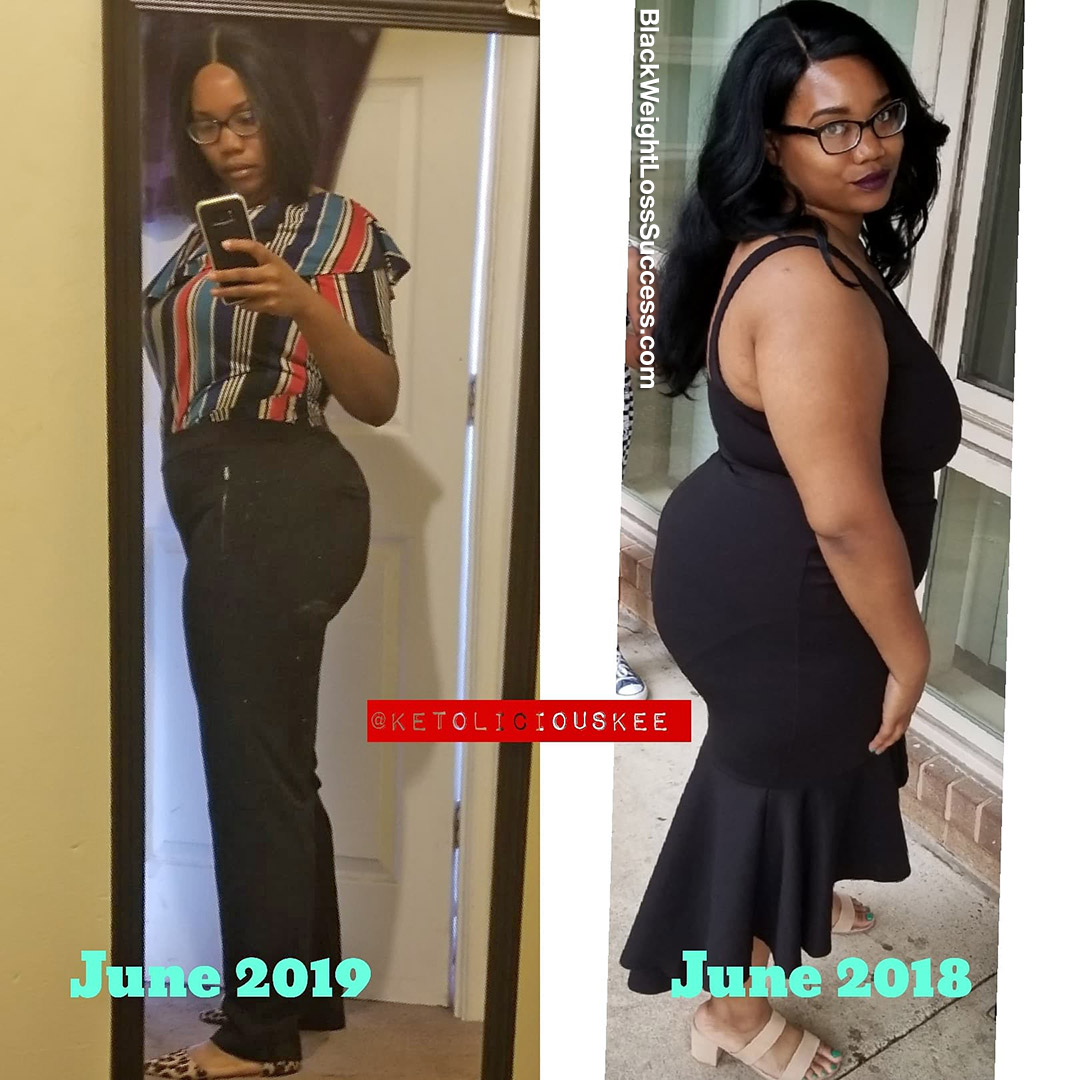

I learned how eating and fulfilling my body’s nutritional needs helped me lift heavier, gain muscle tone, and lose body fat. I learned how carbs gave me energy and how delicious “healthy” food can be.
Macro counting before and after how to#

Maybe you forgot to prep your meals, maybe you slept poorly and found yourself craving high-carb foods, or maybe you just had no energy on your day off. Instead, you should take advantage of the opportunity and break down what exactly happened – why were your macros off, and how can you prepare for similar situations when they happen? If you’re serious about counting your macros and achieving your fitness goals, you shouldn’t worry about adjusting your macros after an offday. So don’t stress about it and just get back on track as soon as you can. If you’re consistently following your macros diet, one off day won’t make a big difference in the long run. That doesn’t mean you need to make up for the macros you missed, it just means you should try to hit your goals for the next day.

Instead, just do your best to get back on track as soon as possible. That means that if you have a cheat day or a day where you don’t hit your macros goals, you shouldn’t freak out. Whenever you’re following a macros diet, it’s important to be as consistent as possible. When it comes down to it, consistency will always beat perfection. The most important thing is to be consistent with your diet and exercise routine over the long term. If you go over or under your macros on occasion, it’s not the end of the world. It’s also important to remember that macros are a guideline, not a hard and fast rule. Although it’s important to stick to your macros in order to hit your fitness goals, one day of overeating isn’t going to make a significant difference in the long run. If you find yourself overindulging on your day off, there’s no need to worry. It just means you should do your best to get back on track as fast as you can. If you happen to consume too many or too little of any given macros on your day off, this doesn’t mean that you have to make up the difference. From there, just keep pressing forward towards those fitness goals. Just get back on track and resume counting those macros- everything will balance out in the end.Īnd if it really threw your macros off for the week, then take a look at your total macros intake for the week and make adjustments accordingly. Here’s the thing: as long as you return to your macros plan and don’t let one day of indulgence turn into a week (or month!) of consistent overeating, then you shouldn’t need to adjust your macros. And if you’re adhering to a macros plan, more power to you- research shows that people who are aware of and track macros tend to be more successful in weight loss endeavors.īut what about those off days, cheat days, or holidays when your macros intake is less than perfect? Do you find yourself feeling guilty and wondering if you should adjust your macros for the rest of the week?

If you’re macros-focused when it comes to your diet, you’re likely very in tune with the numbers game of macronutrients. But if you happen to consume too many (or too little) of your given macros for the day, should you make up for the difference the next day? Many people in the fitness community follow a way of eating called IIFYM – if it fits your macros – which entails that you allot yourself a certain amount of each of the major macros every day, based on your overall calorie goal, and then you consume various foods as long as they stay inside the limits you set for these macros. All of us know that they’re absolutely essential to a healthy, balanced diet, and many people choose to track their macronutrient intake in order to achieve their health and fitness goals faster. The three big nutrient groups that make up the majority of what we consume on a daily basis.


 0 kommentar(er)
0 kommentar(er)
